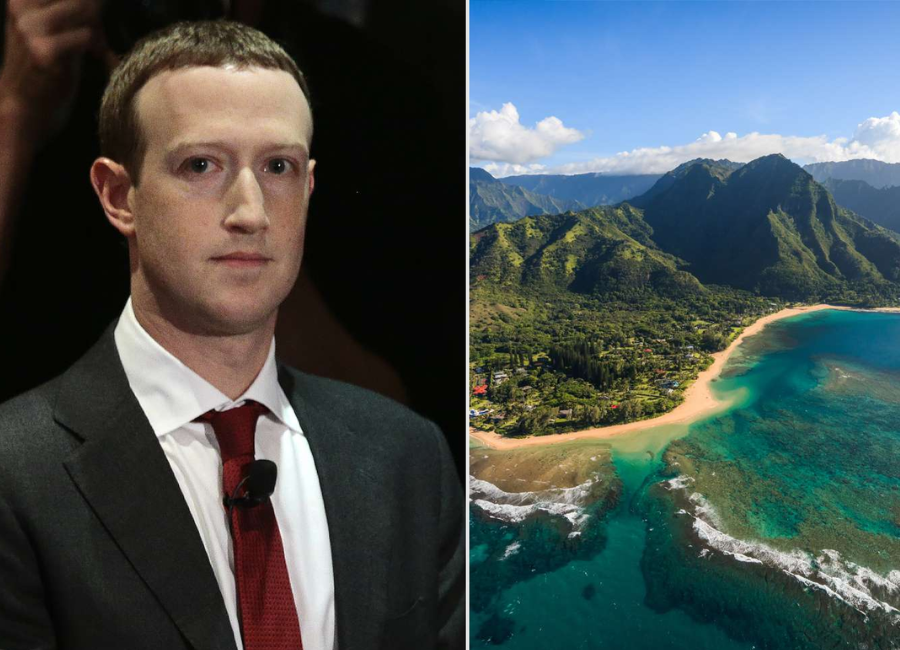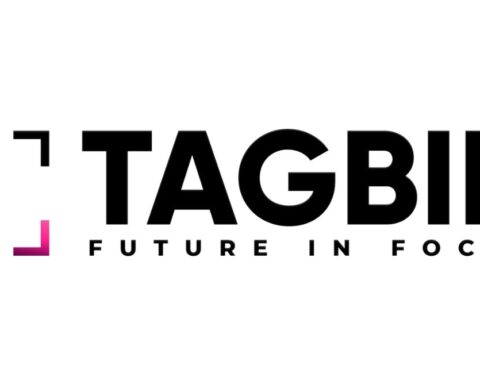Meta CEO Mark Zuckerberg is reportedly constructing a lavish $100 million compound in Hawaii named Koolau Ranch, featuring a secret 5,000-square-foot underground bunker. The property, one of the most expensive personal construction projects in modern history, is situated on Kauai island. Rumored to have 30 bedrooms, 30 bathrooms, and a dozen tree houses connected by rope bridges, the compound is designed to provide a unique living experience. The underground bunker, equipped with its own food and energy sources, is speculated to serve as a doomsday retreat, complete with an escape hatch accessible via ladder and reinforced metal doors filled with concrete.
The Koolau Ranch is only partially constructed, with planning documents obtained through public records requests estimating the property’s cost at around $100 million, in addition to the land’s $170 million value. Mark Zuckerberg is investing a total of $270 million in this extravagant project, marking it as a significant undertaking in the realm of personal real estate.
Aside from Zuckerberg, other tech CEOs have shown interest in preparations for potential doomsday scenarios. Sam Altman, the creator of ChatGPT, has openly discussed his preparedness for survival, stocking an extensive array of end-of-the-world supplies. In 2016, he disclosed possessing guns, gold, potassium iodide, antibiotics, batteries, water, and gas masks from the Israeli Defense Force, along with a large property in Big Sur that he can fly to.

Reid Hoffman, co-founder of LinkedIn, has also acknowledged that a considerable number of Silicon Valley billionaires have invested in “apocalypse insurance,” such as underground bunkers. According to a report by The New Yorker, Reddit CEO Steve Huffman has taken measures like acquiring motorcycles, guns, and ammunition in preparation for potential doomsday scenarios. Huffman even underwent laser eye surgery, believing it could enhance his odds of survival in the face of a disaster.
The trend of tech executives investing in doomsday preparations underscores a growing interest in securing personal safety and resources amid uncertainties about the future. While the specific motivations behind these measures can vary, the common thread among these high-profile individuals is a desire to be equipped for unforeseen challenges and potential catastrophes. Whether driven by concerns about natural disasters, social upheaval, or other existential threats, these tech leaders are taking proactive steps to safeguard themselves and their families.






